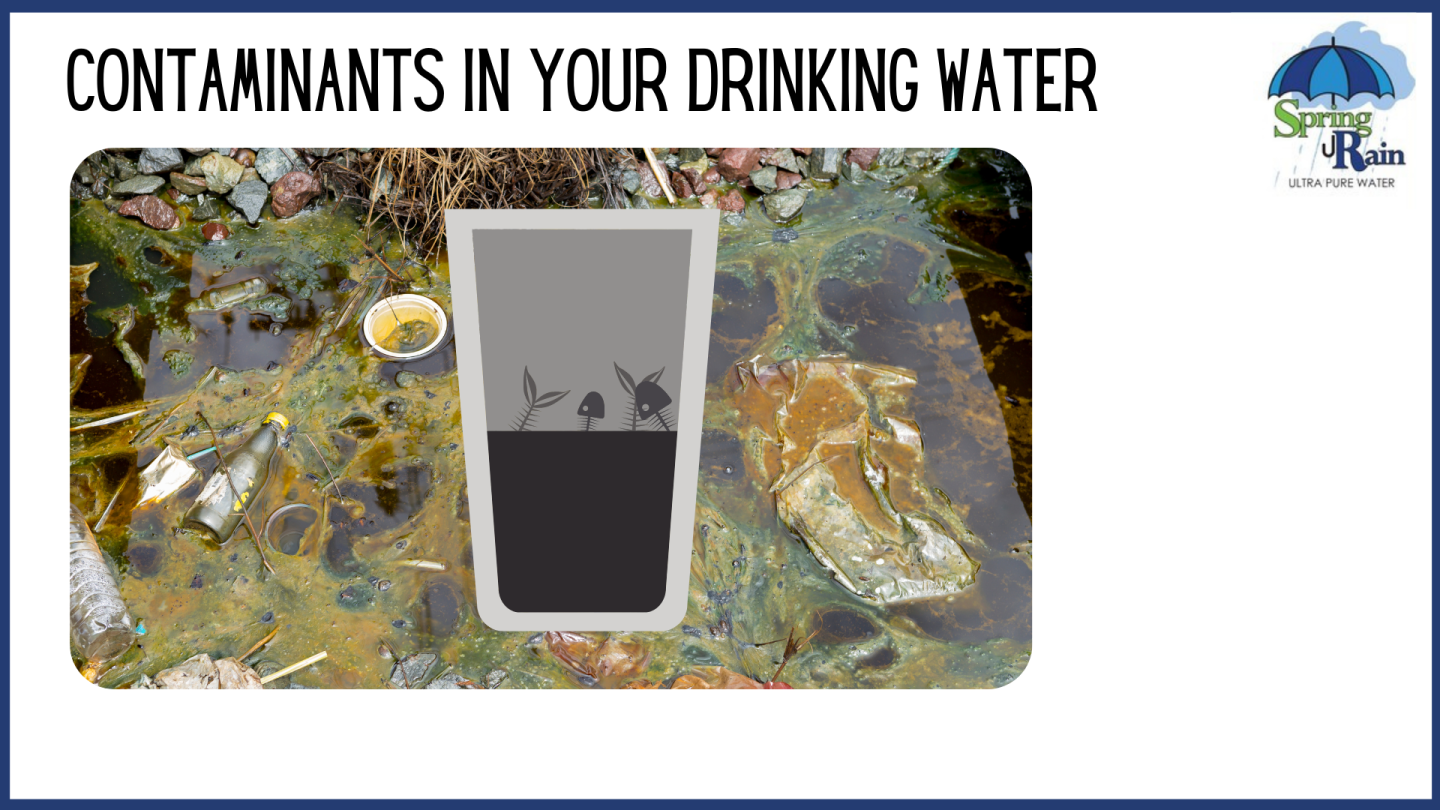Fertilizers and Pesticides
Water is a moving target, depending on the water's intended or designated uses. For a water quality problem to exist, the water must be impaired for one or more uses, such as the fresh drinking water supply, fishing, recreation, wildlife habitat, livestock, or irrigation. Whether you live in towns like Jim Thorpe, Stroudsburg, or Tannersville there is a concern for your drinking water. Living in the Poconos, the water is used for many purposes, including fishing, irrigation for fields, livestock, recreational pursuits, and of course the water that flows from your faucets.
Fertilizers and pesticides can impinge (negatively affect) drinking water as a result of either being use too close to private wells as well as affecting the groundwater.
Pesticides can get into groundwater by:
- Running off into surface water
- Leaching through the soil
- Falling into improperly built wells.
If you have a farm or large garden, make sure that no fertilizer or pesticides are released near any body of water including lakes as pesticides in bodies of water can kill fish. Fertilizers that seep into the groundwater which moves downhill just like surface water can contaminate a well in its path. At issue is that while you know what is occurring on your property, do you know what the surrounding neighbors do on theirs.
It isn’t that fertilizer will reach down into your well to seep into the water, the bigger concern is if the good casings are compromised, and it would allow fertilizer to seep in. Fertilizer that gets into the water can contaminate water with an overabundance of phosphates and nitrates, which make it unsafe for consumption. Fertilizers can seep into waterways or groundwater and can then affect the water used by towns.
The great part about living in the Poconos is the same thing that risks its water supply, most people want to make it a better experience and so explore more.
Ideally, sprayed pesticides will fall directly on the plant, but the soil is the second-best landing place. When pesticides land on the soil, microbes and chemical reactions can break them down. The best place for both pesticides and fertilizer is where it was meant to be placed, on plants. For owners of private wells, there is no oversight, and it is up to the private well owner to ensure the well water is safe.
While public drinking water systems use often specific pesticides like chlorine to kill bacteria, viruses, and other organisms, there are point-of-use devices like charcoal filters and reverse-osmosis treatments that are used to remove or minimize pesticides in drinking water.
Let the experts at Spring Rain help you with the best options at filtering your drinking water to protect it and your family.





Recent Comments